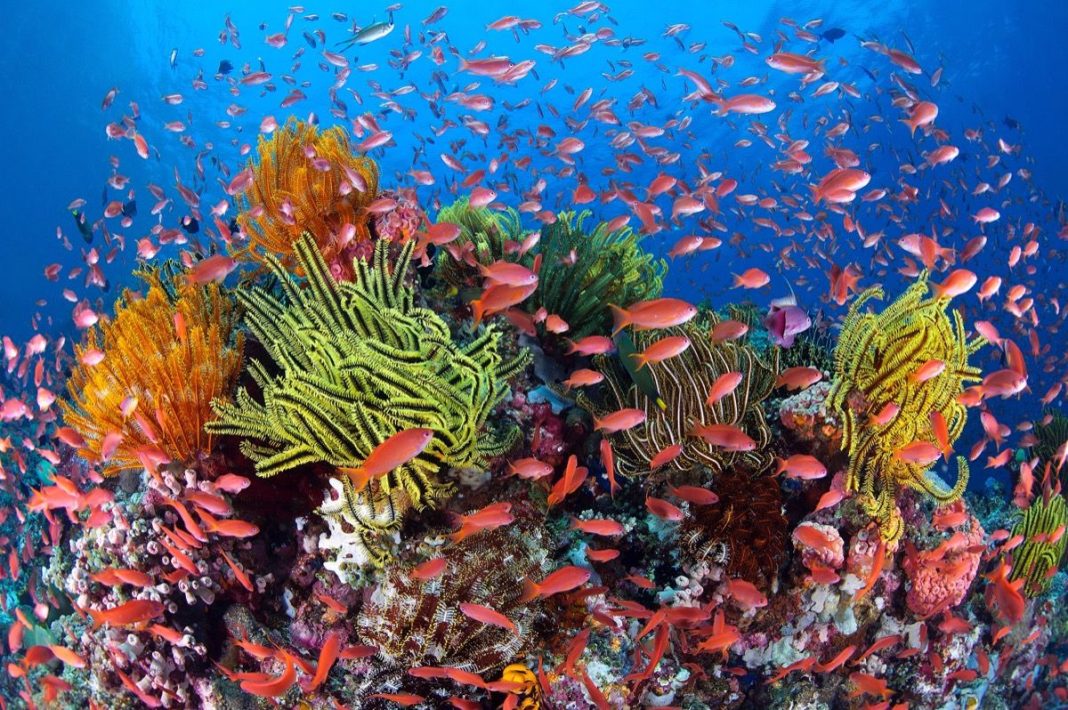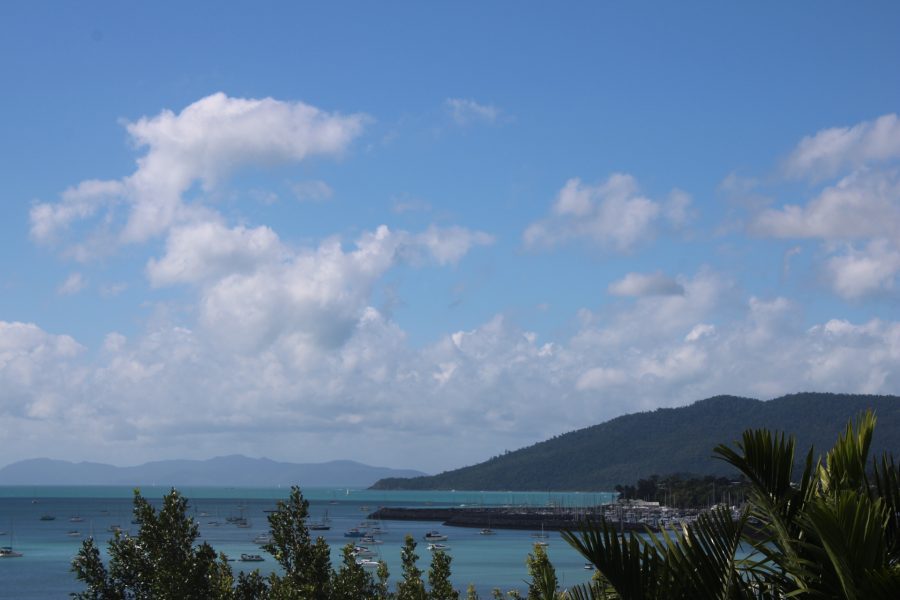YOU would think scientists had better reputations than used car salesmen.
That was a hypothesis put forward by eminent fellow-traveller Peter Ridd to a crowd of about 35 people, at last week’s Bowen Chamber of Commerce monthly meeting.
He exploded the myth by pointing out that ‘respected’ scientists at some leading institutions couldn’t be trusted and provided misleading advice to the State and Federal Governments, which ended up as ‘accredited’ information.
“If you don’t believe the integrity of government-run organisations, look at the current inquiry into the DNA lab in Brisbane,” Mr Ridd said.
The Mackay Hospital is another.
According to his website platogbr.com, Mr Ridd’s career is summarised as: Has worked on the Great Barrier Reef since 1984. He specialised in physical oceanography and building instrumentation.
He was professor of physics until fired from James Cook University for saying there were major quality assurance problems with much of reef science.
He now works, unpaid, for the Institute of Public Affairs as an adjunct fellow, although his site is not directly part of his association with the IPA.
He still has a passion for the reef but wants accurate information provided by scientists.
Mr Ridd’s site gives information about the Great Barrier Reef and, most importantly, the need for some decent quality control systems for the ‘science’ that we are using to guide public policy decisions.
He stresses that, despite the conventional wisdom that says that the GBR is on the brink of extinction, in fact, it is one of the most pristine ecosystems in the world, well protected, and least likely to be affected by climate change (natural or otherwise).
In fact, the future for the GBR is excellent, according to Mr Ridd.
“Look at the coral cover for 2022 – it reached record high levels. Coral cover naturally fluctuates but record high coral cover must make one question if the reef is in such a bad state,” he said at the meeting.
Mr Ridd said current reef cover was now at its highest since the Australian Institute of Marine Sciences (AIMS) in Townsville started collecting data, in 1984.
This was despite outcries of looming environmental catastrophe due to global – and ocean – warming, when scientists reported major bleaching events, including ’93 per cent’ devastation in 2016, another in 2017, then 2020.
Mr Ridd claims that what the scientists were saying was not true.
“It is scandalous, they admit there is fast-growing coral and then they say the reef will be wiped out by climate change.






